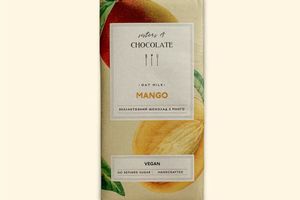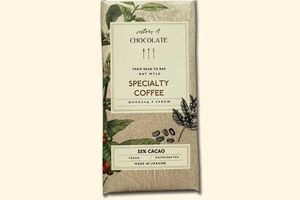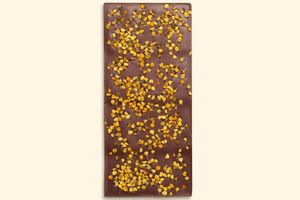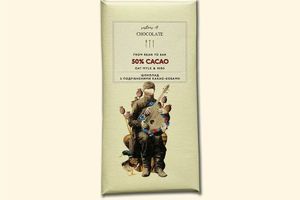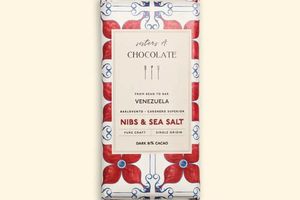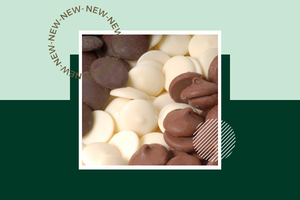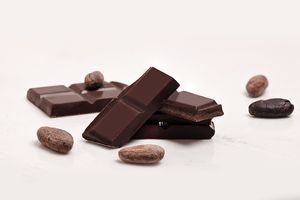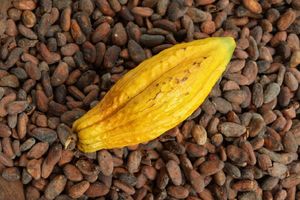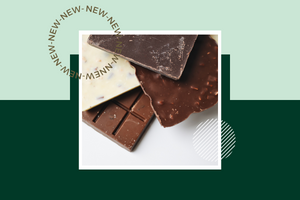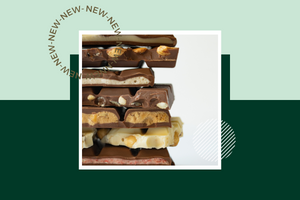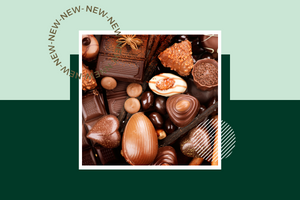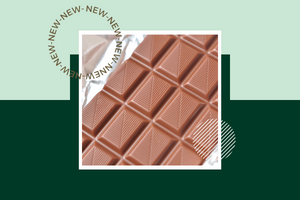Dark chocolate, particularly those with a high percentage of cocoa solids (70% or more), is often associated with several potential health benefits when consumed in moderation. Here are some of the benefits of dark chocolate:
- Antioxidant-Rich: Dark chocolate contains powerful antioxidants, such as flavonoids and polyphenols, which can help protect the body against oxidative stress and damage caused by free radicals. These antioxidants have been linked to various health benefits, including reducing inflammation, improving heart health, and potentially lowering the risk of certain diseases.
- Heart Health: Several studies suggest that dark chocolate may have a positive impact on heart health. The flavonoids in dark chocolate may help lower blood pressure, improve blood flow, reduce LDL cholesterol (the "bad" cholesterol), and increase HDL cholesterol (the "good" cholesterol). These effects, in turn, may contribute to a reduced risk of heart disease.
- Mood Enhancement: Dark chocolate contains compounds that can help boost mood and promote feelings of well-being. It stimulates the production of endorphins, which are natural mood-boosting chemicals in the brain. Additionally, dark chocolate contains small amounts of caffeine and theobromine, which may provide a mild stimulant effect.
- Cognitive Function: The flavonoids and other bioactive compounds in dark chocolate have been associated with potential cognitive benefits. Regular consumption of dark chocolate may help improve cognitive function, including memory, attention, and problem-solving skills.
- Nutritional Content: Dark chocolate is a source of essential minerals, including iron, magnesium, copper, and manganese. These minerals play important roles in various bodily functions, such as oxygen transport, energy production, and maintaining healthy bones.
When it comes to using dark chocolate, there are several ways to enjoy its rich flavor and potential benefits:
- Plain: Enjoy a small piece of high-quality dark chocolate on its own to savor its flavor and texture.
- Baking and Cooking: Dark chocolate can be used in various recipes, such as brownies, cakes, cookies, and desserts. It adds depth and richness to baked goods and can be melted and used as a drizzle or coating.
- Hot Chocolate: Make a rich and indulgent cup of hot chocolate by melting dark chocolate into hot milk or water. You can add a touch of sweetness with a natural sweetener like honey or maple syrup.
- Pairing: Dark chocolate pairs well with many flavors and ingredients. It can be enjoyed with nuts, fruits (such as berries or oranges), spices (like cinnamon or chili), or even cheese, creating delightful combinations of taste and texture.
Remember that while dark chocolate may offer potential health benefits, it should still be consumed in moderation due to its calorie and fat content. Opt for high-quality dark chocolate with minimal added sugars and enjoy it as part of a balanced diet.








